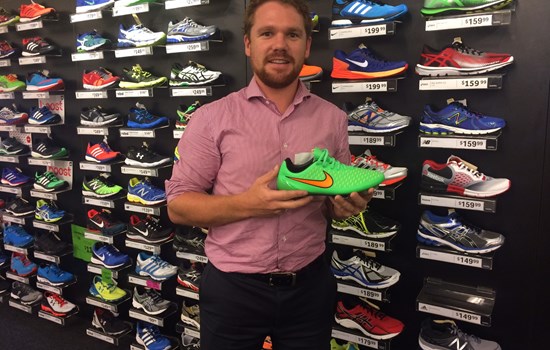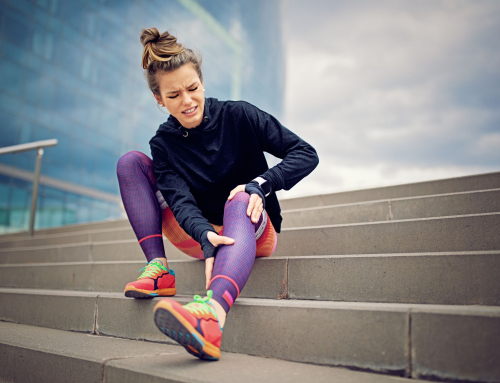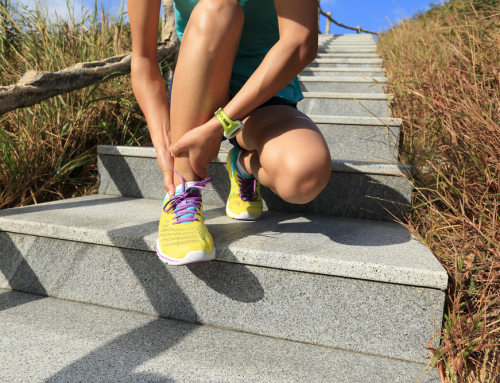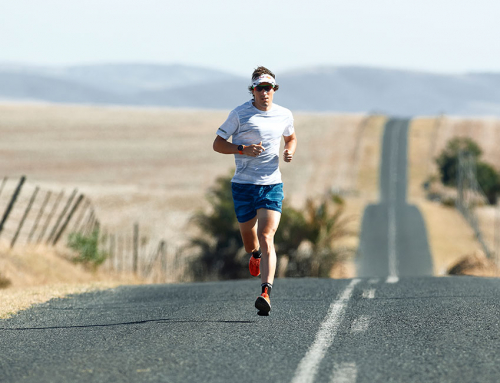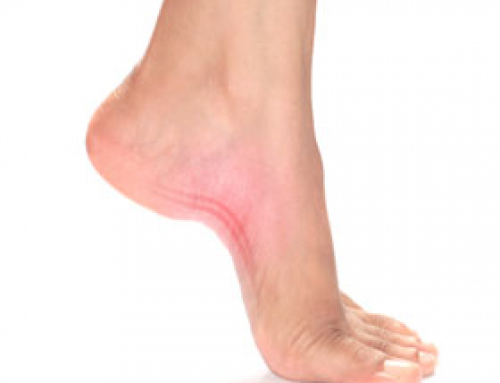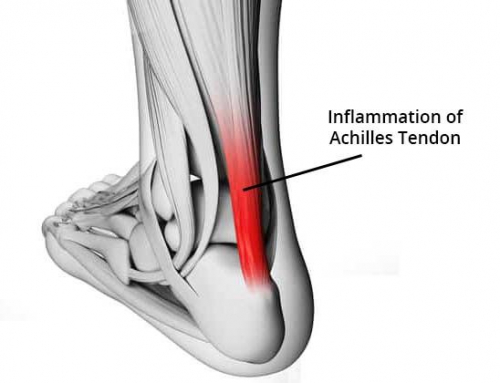Tips Increasing Running Load Capacity
Shane Davis is Geelong’s (if not the world’s) best podiatrist alongside his Pro Feet Team. Which is why we recommend GPC athletes to him when they start training with us. Here are Shane’s tips to increase your running load capacity, or how much running volume you can manage without increasing your risk of injury.
We love working as part of your health care team to keep you active, healthy and happy! Do you have little niggles in the legs and feet? We advocate addressing the symptoms (foam roller, regular physical therapy – osteo/myo/physio/massage, rest, ice baths, stretching etc). It is also beneficial to reduce fatigue and increase your load capacity (how much training your legs and feet can cope with) by addressing the causative factors!
Our top 5 tips to increase your loading capacity via your shoes are:
-
Work shoes
- Make sure these are comfortable, cushioned and supportive, especially if you are up and down on your feet during the day
- See our blogs on selecting the right work shoes
-
Home shoes
- Have something that is comfortable, cushioned and stable to put on at home
- Older runners, supportive thongs (eg. Orthaheel), supportive slides (eg. Birkenstock) are ideal.
-
Training shoes
- Rotate between a couple of pairs of training shoes. It is an investment at the start but this makes sure you are not running in a compressed shoe (shoes take approximately 27-30 hours to decompress/relax after running in them).
-
Only running
- This might seem obvious (and hopefully it is) but only use your current training shoes for training. Using them on the weekend (Jerry Seinfeld), at the gym or for 2-3 hours after a run session will only mean that they compress more quickly.
-
Update
- Your running shoes will generally be durable for approximately 800-1000k’s as long as you only use them for running
- This will be more or less depending on your weight, your surfaces, your technique, the durometer (softness) of the EVA foam midsole.
- If in doubt, update! They are an investment in increasing how much you can train and race!
If you have any specific questions feel free to call us, email us or see us for a running assessment in the clinic… we are here to help! Yours in keeping people (the GPC team) active, healthy and happy!
Shane Davis, Sports Podiatrist
p. 0424 916 325
e. shane@profeetpodiatry.com.au


